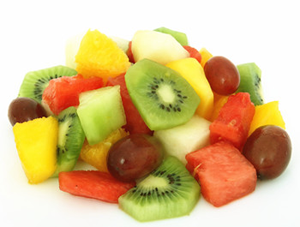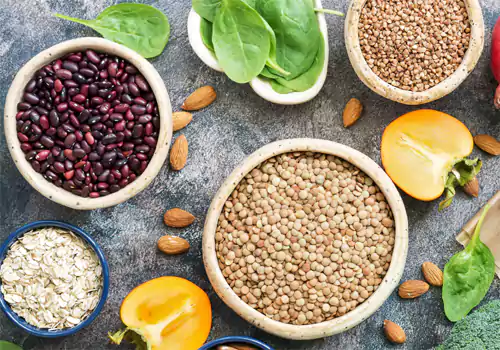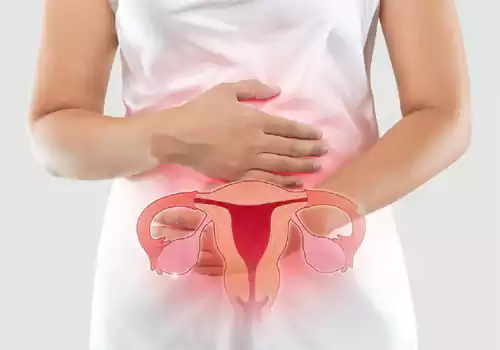Kidney Health

In addition to eating right and controlling your weight, you can take other simple steps to keep your kidneys healthy, including monitoring your blood pressure, cholesterol and blood glucose level, going to the doctor every year, exercising regularly, not smoking and being aware if kidney disease runs in your family. Kidney stones can develop when minerals build up in your urine. However, eating a diet rich in fruits and vegetables, and low in salt or oxalate-rich food can help prevent mineral build up. Additionally, drinking lots of water throughout the day, especially if you exercise frequently, is important for kidney health.

Fluids: Staying hydrated is necessary for prevention and treatment. Keeping your urine diluted is important for keeping your kidneys healthy. Water is the best choice, but you can also drink fruit juices, ginger ale or tea. If your urine is light colored after you go to the bathroom, you are getting enough fluid. Also try to limit caffeinated beverages to one to two cups a day because it can actually make you dehydrated.
Fruits and Vegetables: Fruits and vegetables improve your kidney function. Such fruits include grapes, cranberries and blueberries; vegetables include fennel, onions, celery, beets, spinach, string beans and asparagus. If you are suffering from kidney disease, make sure the fruits and vegetables you eat are low in potassium.

Low-Potassium Foods: Since kidneys regulate potassium, its important that you monitor your potassium intake. If your potassium level gets too high, you may develop a greater risk of suffering a stroke or heart attack. Some examples of low-potassium foods include apples, beans, corn, rice, noodles, pasta, eggplant, cookies without nuts or chocolate, pears, peas and peppers.
Iron-Rich Foods: If you are diagnosed with chronic kidney disease, your body may be low in iron. The kidneys play a role in the production of red blood cells, but without a properly functioning kidney, your red blood cell count may be too low, and your energy levels might suffer as a result. Eating iron-rich foods such as leafy green vegetables and eggs can help you increase your iron intake.




.webp)